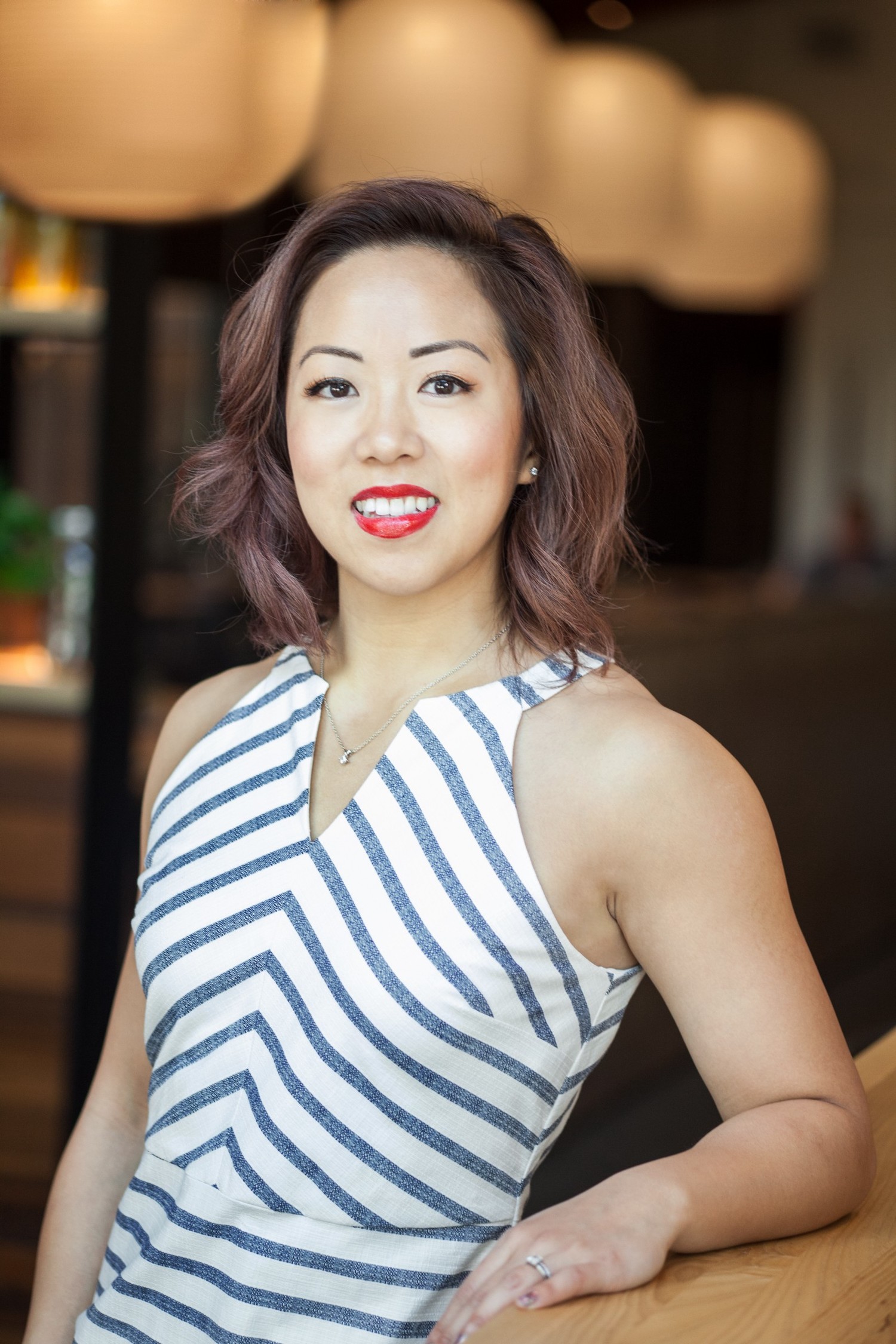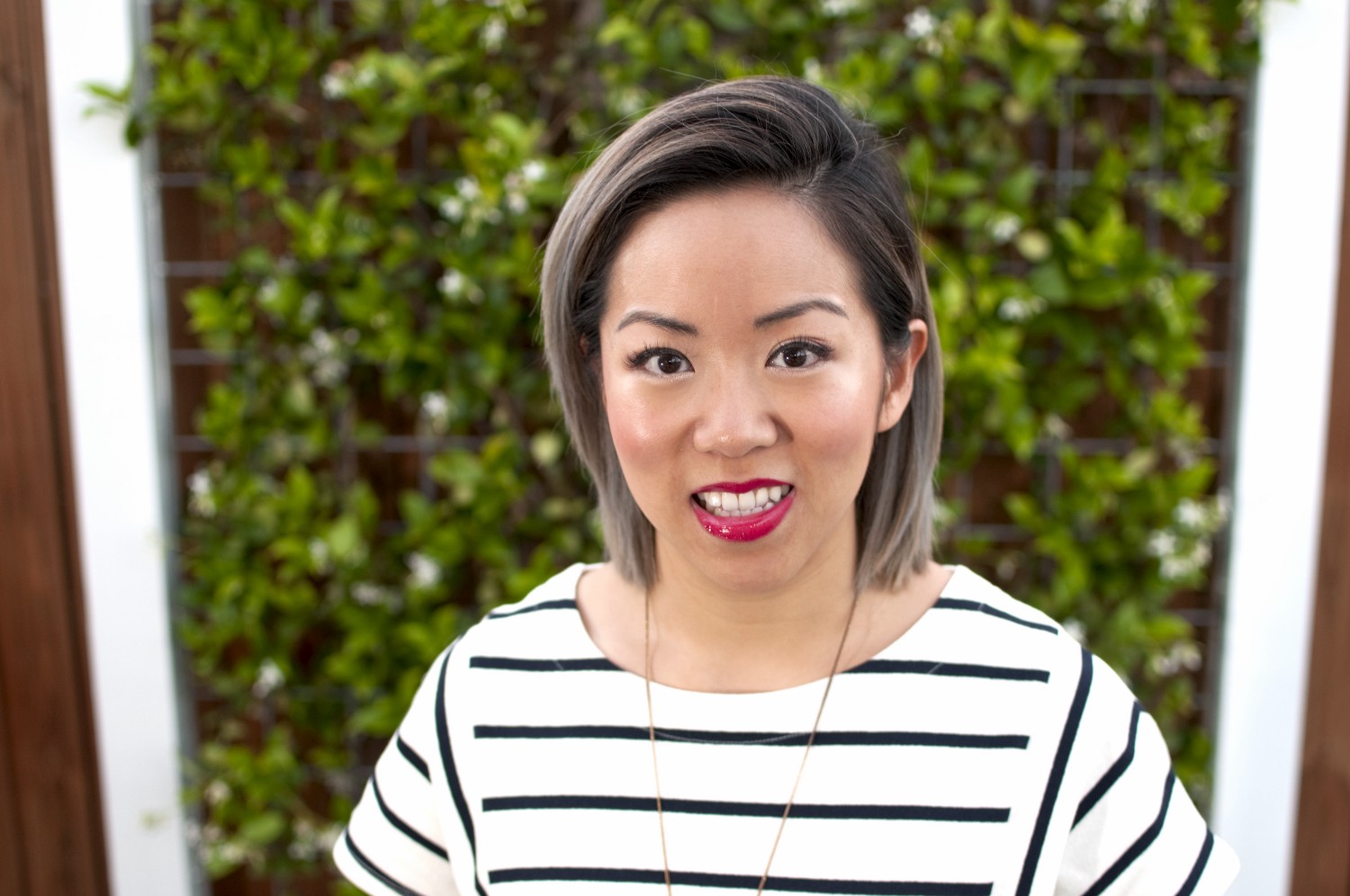I had the pleasure of interviewing Melody Li, a culturally affirming licensed marriage & family therapist, and no-nonsense private practice coach based in Austin, Texas. At Austin Counseling Collective, an intentionally diverse counseling group practice she co-founded, she specializes in helping creative individuals and multicultural couples thrive mentally and relationally. With a passion to help other therapists transform into confident entrepreneurs, she also co-founded Therapy Practice Lift Off, offering practical business courses, tools, and consulting.
Thank you so much for joining us! Can you tell us a story about what brought you to this specific career path as a doctor or healer?
I’m happy to! My story weaves through my three passions: mental & relational wellness, social justice and entrepreneurship. (Well, 4 passions, if you include my love for pugs).
I recall the pivotal moment when my eyes opened to systemic privilege in a meaningful way for the first time. In my undergrad, I interned at a non-profit that equipped at-risk youth with life and job skills. There, I listened to each teen’s story of how trauma, neglect, and social disadvantages prevented them from living a normal childhood. There, I began to understand the intersectionality framework and how systemic injustice weighted heaviest on the most marginalized populations. From that point on, I committed to be an advocate for equality and social change. One avenue is to increase mental healthcare access to minority populations.
Meanwhile, my enterprising side was alive and well. In my previous life, I launched a popular culinary tour business and was even awarded a city-wide title: Entrepreneur of the Year (2011) in Vancouver BC. That’s where I first honed my business sense and sharpened my marketing skills. I juggled my business while I worked towards my master’s in counseling.
Fast forward to 2015, Sam Lee and I co-founded Austin Counseling Collective where my three passions finally collided. “Embracing Diversity” is our collective mission. As our group grew, I helped many therapists find their inner badass. I offered my business experience and they reached their goal to build full time, profitable private practices. Their feedback to me propelled Therapy Practice Lift Off where I can now help even more therapists reach success.
Oh, as for my fourth passion? I’ve fostered over 10 rescue pugs over two years. Yuzu stole my heart, became my therapy pug, and cares for clients with me. 🙂

How have your personal challenges informed your career path?
Firstly, I’m grateful that I grew up in a loving, supportive family. That said, my immigration journeys from Hong Kong to Canada as a child, and later from Vancouver to Austin, was not easy. Struggling to find a sense of place between different cultures, and navigating adulthood as a woman of color taught me many applicable lessons.
From blatant racism, to subtle prejudice, I’ve experienced and witnessed multiple forms of discrimination. From painful places grew my acute sensitivity to injustices that marginalized groups, such as the LGBTQ+ or low-socioeconomic communities faced.
This sensitivity drives my career in two ways: first, I am an outspoken advocate and actively support causes that fight for equality. Therapy Practice Lift Off also donates 10% of our net profits to non-profits with a social justice mission.
Secondly, I strive to create a place of understanding, acceptance, and belonging for all my clients. We all have struggled with rejection and being told that we don’t belong, or are too much or not enough. By providing judgement-free space, clients are seen and heard, then heal.
Can you share your “5 Things I Wish Someone Told Me Before I Became a Therapist
1) Your identity is your superpower — as is your clients’!
Coming out from grad school, seasoned therapists hinted that I had to minimize my identity to reach as many clients as possible. I’ve since heard from many newer therapists that they too downplay important aspects of themselves, fearful that it may turn potential clients away.
I’ve since learned that the opposite is true — that clients sought me out specifically because they identified with my experiences and believe that I can understand and accept their complex parts.
If we want to serve diverse clients, we begin by modeling authenticity. Letting our identities shine is not making it about us — rather, it invites our clients to also come just as they are.
Of course, watch out for oversharing — your latest relationship status is not identity 🙂
2) Pursue specialized training and develop your clinical niche
I understand that going through grad school, practicums, and internships has been a long trek. Be proud of what you’ve accomplished! The benefit of practicum is it exposes students to a variety of environments and client populations.
As you begin to lean into areas of interest or passion, I encourage you to pursue specialized training. Having concrete foundation in empirically supported modalities will help you feel grounded and confident.
Yes, it’s perfectly fine to combine techniques from multiple models. However, specialized training allows you to dive in deeper and to develop your clinical niche. Pursuing further training can also help newer therapists plug into like-minded communities for additional support.
3) Excellent self-care is not a luxury, it’s an ethical requirement
Self-care is a buzzword these days, but what does it really mean? True self-care requires one to be self-aware and honest about what replenishes and energizes us. What might be self-care for one person (e.g. getting a manicure) might be a burden to another (i.e. me).
To maintain career sustainability, it’s our ethical responsibility to take excellent, holistic care of ourselves. If we don’t, we risk negatively impacting our clients. For example, if we feel triggered during session and do not actively seek consultation or psychotherapy, we risk countertransference or worse. If we are not physically well, our energy levels and mental acuteness can waver during session. Like it or not, our clients see us as models and we lead by example.
4) It’s crucial to examine one’s relationship with money
One thing that many counseling programs lack is training in areas of business and financial management. Yes, school prepares therapists clinically but when it comes to business and private practice skills, good luck! Neglecting financial conversations is a disservice to therapists. Because of this lack, it’s crucial for therapists examine their relationship with money, and to create practical, realistic financial plans.
Most of us learn our monetary values from our families of origin. When we don’t explore our roots, we are unaware of how these attitudes impact our practice. Many times, I meet therapists that feel guilty for charging their full fees or are uncomfortable with maintaining monetary boundaries with clients. As a result, these therapists burn out from offering too many sliding scale spots (thus over working), or are simply unhappy because they are not compensated for what they are worth. It is worthwhile to seek out other professionals (e.g. psychotherapist, accountant, financial planner) to help you confront barriers and to create a plan of action.
5) Create a generosity plan
Therapists consistently balance our roles as helpers and taking care of ourselves well. One way that can help with that balance is to develop a generosity plan. With a generosity plan in place (e.g. donating your time or resources), we have more mental freedom to allow abundance to flow in. Conversely, without a plan, we may unconsciously block this flow.

Social media and reality TV create a venue for people to share their personal stories. Do you think more transparency about your personal story can help or harm your field of work? Can you explain?
Social media is a powerful platform that allows clients to gain a sense of who their therapist is; clients can experience their therapist’s humanness. A measured, thoughtful amount of vulnerability can help develop connection.
While I advocate for therapists to be boldly authentic, that doesn’t mean to be reckless. I encourage therapists to set healthy boundaries and to include social media policies in their informed consent forms. Some red flags include sharing sensitive, personal information and communicating with clients via insecure (i.e. non-HIPAA compliant) platforms.
Can you please give us your favorite “Life Lesson Quote”? Do you have a story about how that was relevant to your life?
As other children of immigrants may relate with, perfectionism is a common symptom that I am currently recovering from 🙂 As kids, we heard our community constantly remind us how much our parents sacrificed in order to give us a better life. Many of us grow up with internalized indebtedness, which we cope with by always striving to be our (or the) best.
In addition, parents that are new to the country are understandably protective of their kiddos. This protectiveness often conveys that there is little room for mistake or failure. As a result, immigrant parents may encourage their children to only pursue activities that they will succeed in. This lack of opportunity to experience and overcome failure also contributes to perfectionistic tendencies.
Today, I meet many therapists that are apprehensive of putting themselves out there. They are afraid of launching their website before it’s perfect. They hold back from leading workshops or writing a book because they feel like an imposter (even though they are fully qualified). They are fearful of criticism or rejection from the counseling community, so they hide. I get it — I’m a recovering perfectionist too. I can identify with those fears.
In those moments, I channel some Brené Brown. The first time I saw her speak changed my life — no exaggeration! While I understand that the Daring Greatly quote was originally from Teddy Roosevelt (1910), the way that Brené translates the arena scene into the practice of vulnerability and courage is just too fitting.
Here it is:
“It is not the critic who counts; not the man who points out how the strong man stumbles, or where the doer of deeds could have done them better. The credit belongs to the man who is actually in the arena, whose face is marred by dust and sweat and blood; who strives valiantly; who errs, who comes short again and again, because there is no effort without error and shortcoming; but who does actually strive to do the deeds; who knows great enthusiasms, the great devotions; who spends himself in a worthy cause; who at the best knows in the end the triumph of high achievement, and who at the worst, if he fails, at least fails while daring greatly.”

You are a person of great influence. If you could inspire a movement that would bring the most amount of good to the most amount of people, what would that be? You never know what your idea can trigger. 🙂
I can’t say this will bring good to the most amount of people, but I do know that all humans are wired to connect and to belong.
One tiny way that we can collectively increase inclusion is to ditch the question: “Where are you from?” or worse, “Where are you really from?”.
If we’re honest, we know we only ask this question to people that don’t appear to fit in. While that question appears innocent or even friendly, the underlying message is “you don’t belong”.
Instead, the movement I’d like to inspire is for us to creatively think of all the ways that we can be open and curious, without expressing exclusion.
Here are some ideas to kick things off:
• What is your cultural background?
• Where did you grow up?
• What are your family’s cultural values?
What can you come up with, and how will you encourage others to be more sensitive?
How can our readers follow you on social media?
I’d love to connect with you! Please find me on Instagram and Twitter: @MelodyHopeLi (psychotherapist) and @PracticeLiftOff (private practice business coach). Therapy Practice Lift Off is on Facebook as well!
This was very inspiring. Thank you so much for joining us!
It’s my pleasure! Thanks for making space for me to be myself.
Originally published at medium.com


